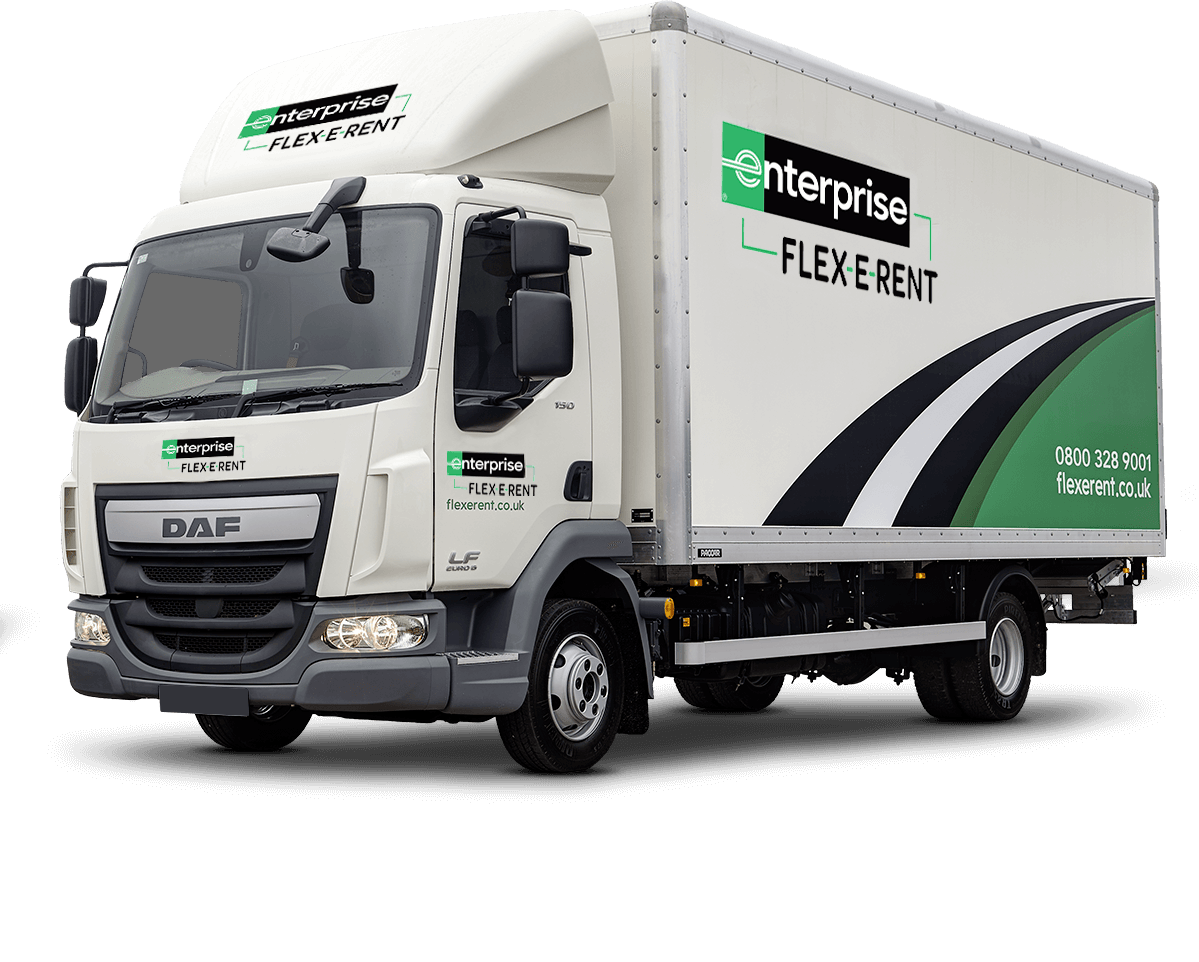Low Emission Zones (LEZ) and 2024 Updates
In 2024, Low Emission Zones (LEZ) continue to enforce the Euro VI standards for nitrogen oxides (NOx) and particulate matter (PM).
Vehicles that fail to meet these standards face significant daily charges when entering LEZ areas, particularly in major urban centres.
London remains a focal point, but other cities across Europe are increasingly tightening their emission controls, meaning compliance is an essential part of fleet operations.
Fleet operators must ensure that vehicles either meet the Euro VI requirements or avoid routes through LEZ areas to minimise costs. As the trend towards more sustainable transport continues, staying updated on LEZ changes across different regions will be critical in maintaining compliance and reducing penalties.
Clean Air Zones (CAZ) Newly Introduced in 2024
Clean Air Zones (CAZ) are becoming more widespread across the UK in 2024, with several cities, including Newcastle, Gateshead, Portsmouth, and Bristol, implementing new restrictions. These zones charge vehicles that do not meet specific emission standards, with diesel vehicles typically required to meet Euro 6 and petrol vehicles needing to meet Euro 4 to avoid charges.
Each CAZ has its own set of requirements, and operators need to carefully review the standards in each city to ensure compliance. With more cities introducing these zones, it’s important to either upgrade non-compliant vehicles or plan routes effectively to bypass CAZ areas, avoiding unnecessary operational costs.
Direct Vision Standard (DVS): New Requirements in 2024
As of October 2024, the Direct Vision Standard (DVS) for heavy goods vehicles (HGVs) has seen a significant update. The minimum star rating required to operate in Greater London has risen from 1 star to 3 stars. Any HGVs with a rating below 3 stars must now be fitted with the Progressive Safe System (PSS) to comply with the latest safety requirements.
The PSS introduces advanced safety features such as the Blind Spot Information System (BSIS) and the Moving Off Information System (MOIS), which are designed to detect vulnerable road users like cyclists and pedestrians. These systems ensure that drivers are alerted to potential hazards, particularly in critical moments when making turns or moving off from a stationary position.
To remain compliant, fleet operators need to ensure that their vehicles either meet the new DVS standards or are retrofitted with these advanced safety systems. Non-compliance could result in substantial penalties, alongside putting vulnerable road users at risk.
Navigating Fleet Compliance in 2024
As regulations tighten, it’s clear that fleet compliance in 2024 requires more careful planning and proactive management.
Whether through ensuring vehicles meet the latest emission standards or upgrading safety features to comply with the DVS, operators need to stay informed and adaptable.
The costs of non-compliance, from daily charges in LEZs and CAZs to fines for failing to meet DVS requirements, can be significant, but with the right approach, they can be avoided.
Fleet operators must focus on keeping their vehicles compliant with these evolving standards, investing in upgrades where necessary and staying informed on regulatory changes across the UK and Europe. By doing so, you can keep your fleet running efficiently, avoid costly fines, and contribute to safer, cleaner roads.





